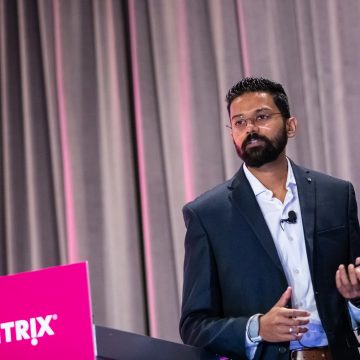With the XenDesktop 5 release, we introduced the new way to provision desktops – Machine Creation Services (or MCS). As Kevin explained in his introduction blog, Machine Creation Services is about more than just provisioning desktops though. MCS enables full life-cycle control of desktops.
Those of you familiar with XenDesktop know that we have an existing technology, Provisioning Services (PVS), that specialises in the same area – so why did we create MCS? We listened to the feedback of our customers and partners with experience in deploying XenDesktop 4 – and received a lot of feedback that Provisioning Services is a vital technology that brings the TCO and management benefits people expect from VDI. However, PVS is an additional component to deploy – and in some environments is overkill. MCS is designed to provide many of the benefits of PVS with a lower management cost.
Having two related technologies introduces choices – so how do you decide whether to deploy MCS or PVS with XenDesktop 5? Here’s my guidance…
Machine Creation Services is the right choice when you first want to get hands-on with VDI – it’s the quickest and easiest way to explore how VDI can change how you think about the management and delivery of desktops.
For production, Machine Creation Services is the best fit providing your deployment meets all of these criteria:
- You are looking at a pure VDI environment
- You intend to deploy NFS storage (for XenServer and ESX), or Clustered Shared Volumes (for Hyper-V)
- You intend to deploy up to 2500 desktops per XenDesktop site (we’re aware of no hard limits, but our internal production environment testing is at 2500 desktops, which we will increase over time)
- You have sufficient IOPs available on shared storage – unlike PVS, which provides a ‘RAM cache’ of disk blocks, MCS directs more read activity to the shared storage. MCS has approximately 1.6x the IOPs load of PVS.
In other environments, Provisioning Services is the right choice, especially when:
- You are looking to deploy some Hosted Shared (RDS-based) or Streamed physical desktops
- You need proven scale above 2500 desktops
- Your environment is IOPs constrained
- NFS is not an option (for XenServer and ESX)
In future, as we integrate IntelliCache (which will be the subject of a future blog in this series) and make further improvements, expect to see the range of use-cases for Machine Creation Services increase. For more information on MCS, see the Kevin’s introduction blog.
[Edited: 18 Feb 2011 - removed some ambiguity]



